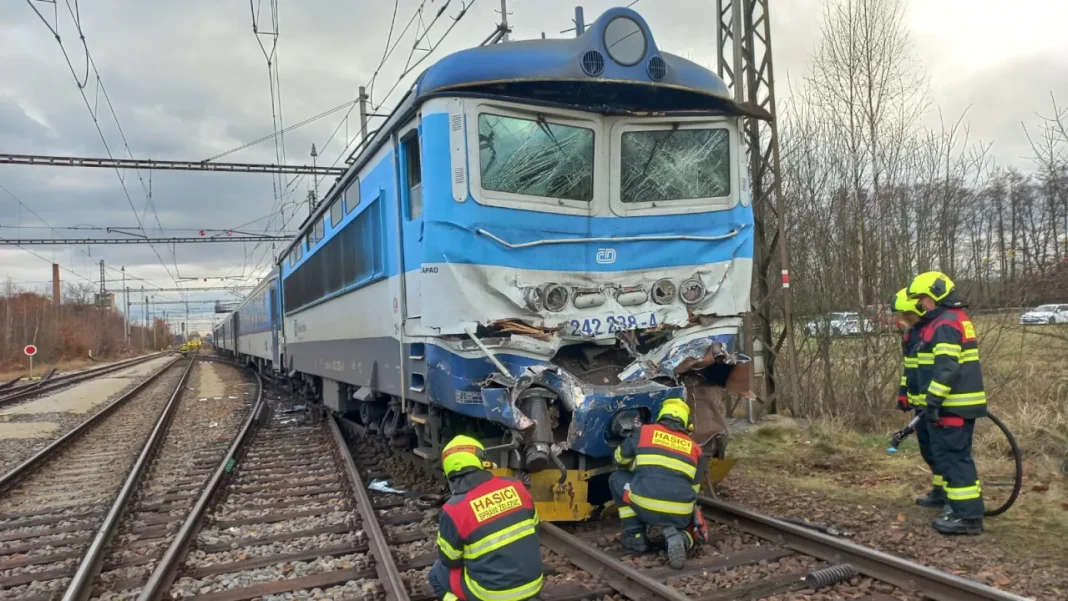Efforts to improve railway safety near Zliv have encountered a setback, as the implementation of the European Train Control System (ETCS) has been postponed until 2030. This delay raises concerns about rail safety, particularly in regions with high traffic and potential collision risks.
The Importance of ETCS

ETCS is a sophisticated system that enhances train safety by providing drivers with continuous speed and signal information. By integrating automatic control mechanisms, it significantly reduces the risk of collisions and human error. In the densely trafficked areas near Zliv, ETCS is crucial for maintaining high safety standards, especially as rail traffic increases.
The system’s implementation is part of a broader European initiative to unify railway operations across borders and improve interoperability. With trains traveling across various countries, unified systems like ETCS ensure consistency and safety across different railway networks. Its delay, therefore, has implications not only locally but also in the context of European railway operations.
Current Safety Challenges

The railways near Zliv currently rely on older safety systems that, while functional, may not provide the same level of monitoring and automatic intervention as ETCS. This dependence on outdated technology heightens the risk of potential accidents, especially in areas with complex rail interactions and high-speed trains.
Local authorities have been working on interim solutions to address these safety challenges. Measures such as increased manual inspections and improvements in driver training programs have been implemented to mitigate risks. However, the delay of ETCS places a sustained burden on these temporary measures.
Impact on Regional Development

The delay in implementing ETCS could have broader implications for regional development and economic progress. Efficient and safe transportation networks are crucial for economic growth, attracting investments, and enhancing regional connectivity. The setback may dampen the region’s potential to secure future infrastructure projects.
Moreover, unreliable railway systems might discourage tourism, a significant economic driver in the region. Visitors prefer dependable transport options, and any perception of risk could influence travel decisions, with possible negative impacts on local businesses and hospitality industries.
Future Prospects and Planning

Despite the delay, there remains a strong commitment to eventual ETCS implementation. Plans to expedite preparatory work and technical installations are in place to make up for lost time. Local government and rail operators are exploring opportunities for public-private partnerships to fund and support the project.
Moreover, advocacy for interim funding and support from European rail agencies may help bridge the gap until full system deployment is possible. Collaborative efforts across sectors are deemed essential to ensure the project stays on track and meets the eventual completion date.
The delay in deploying the ETCS near Zliv poses challenges, but with strategic planning and commitment, these can be overcome to enhance rail safety and efficiency in the region.





